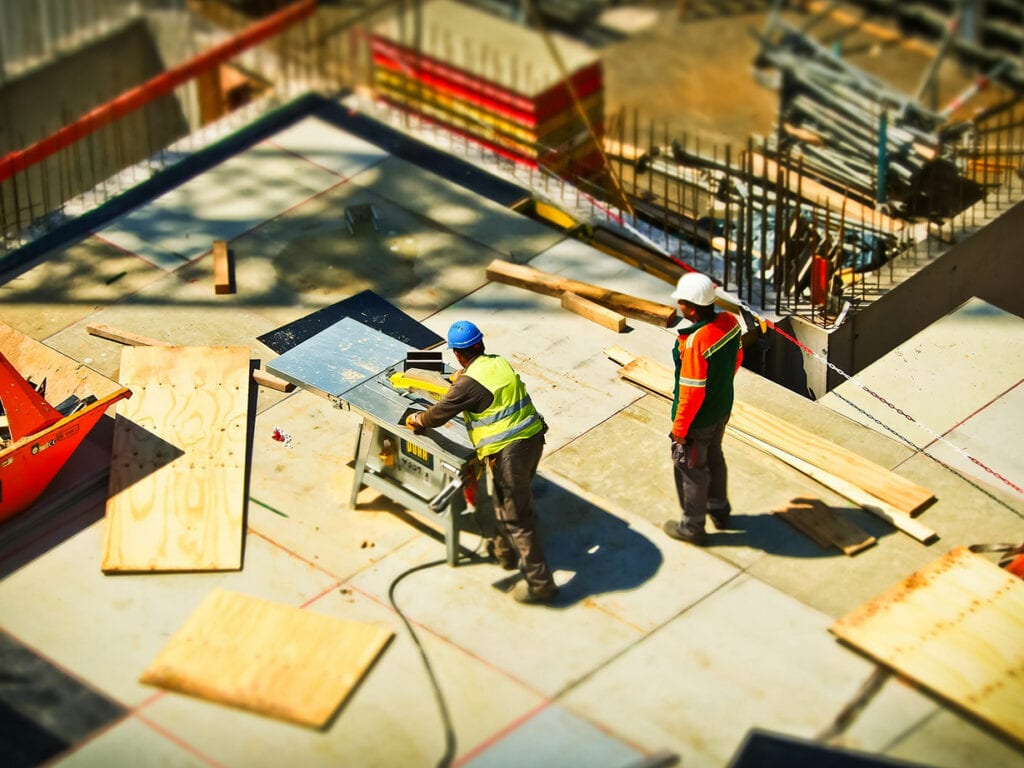As Maine’s new Climate Action Plan notes, modernizing homes and businesses to use cleaner energy, increase energy efficiency, and utilize lower-carbon building materials can both reduce pollution and enhance the health and prosperity of Maine people.
A key step toward these goals is updating Maine’s outdated building energy codes, also known as the Maine Uniform Building Energy CODE (MUBEC). Heating, cooling, and lighting homes and buildings are responsible for almost one-third of Maine’s greenhouse gas pollution. Inefficient, leaky buildings also cost Mainers their hard-earned money due to higher electricity and heating bills. When it comes to addressing the high cost of energy use and negative health impacts of carbon pollution in Maine, energy codes are one of the most cost-effective and easiest pathways forward.
Building energy codes are a type of building code — like fire or plumbing codes — that govern how a home or building operates. While fire codes address parameters like location of fire alarms and fire escapes, energy codes set standards for features like wall insulation, windows, and ventilation, among other parameters, to improve how a structure consumes energy. Building energy codes are adopted by the state and based on international standards called the International Energy Conservation Code (IECC), promulgated by the International Codes Council (ICC). The IECC codes are updated every three years to align with the latest research and technology.
Nationwide, buildings consume roughly 76 percent of all electricity generated. But new technologies and construction methods already widely used across the United States have shown to make homes more comfortable, increase resilience to extreme weather, and even enhance occupant health significantly. Unfortunately, Maine’s current building energy code hasn’t been updated in about 10 years and reflects older, outdated, and wasteful construction methods. In light of Maine’s new Climate Action Plan, addressing home and building energy consumption is a critical step.
Thankfully, updates to Maine’s energy codes will soon be approved. Maine’s new statewide base energy code, the 2015 IECC, will go into effect on July 1, 2021, for all new home and building construction statewide. Homes built to this new energy code are expected to reduce annual utility expenses by roughly 25 percent compared to older homes and buildings because they are designed and built to operate more efficiently.

Annual savings on utility bills resulting from the updated energy codes will offset any additional costs to construct within a few years. Stronger energy codes also help to support a vibrant construction industry, encouraging creation of new jobs and a highly trained workforce. This update will set Maine on a path that encourages the construction and renovation of healthier, more energy-efficient homes and businesses.
But even more encouraging news is that the state has taken an additional step toward meeting its climate goals and reducing utility costs for Maine citizens. The state has also adopted the 2021 IECC as an optional, voluntary alternative to the 2015 IECC. While this might sound confusing, offering a voluntary alternative – called a “stretch” or “reach” code – is something that many states do to encourage the building and construction industry to implement cost-effective, modern technologies.
Maine communities will now have two options: they can choose to adopt either the statewide 2015 IECC base code or the stronger 2021 IECC “stretch code,” which would further reduce carbon pollution and bring even greater utility cost savings to home and building owners. The state stretch code even has options to build zero-energy homes and buildings, which produce all annual energy consumption from renewable power sources and are incredibly energy-efficient and affordable to maintain.
Community Stretch Code Adoption
Communities interested in improving the energy efficiency, carbon intensity, affordability, and health and safety of new homes and buildings being constructed in their area should consider adopting the state stretch code and demonstrate how Maine can become a climate action leader in the region.
Maine will not achieve energy independence for its residents and meet its climate goals without addressing the energy consumption and carbon emissions of its home and building sector.
For information on how to support the adoption of a stretch code in your city or town, contact me at mriley@neep.org. You can also visit this webpage for more information on the energy code update, training, and links to the model codes.
—by Moses Riley, Energy Policy Associate, Northeast Energy Efficiency Partnerships











Unfortunately, in Maine, communities with fewer than 4000 people aren’t required to enforce building code compliance. As a result, plenty of buildings are still being constructed without meeting modern energy efficiency standards.